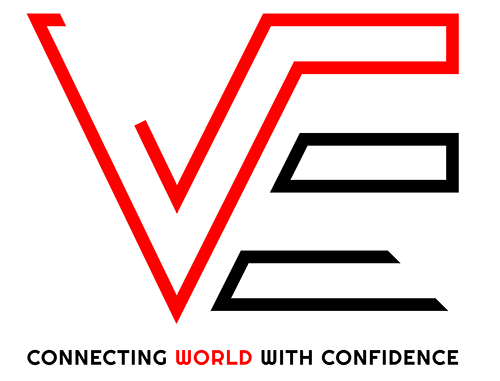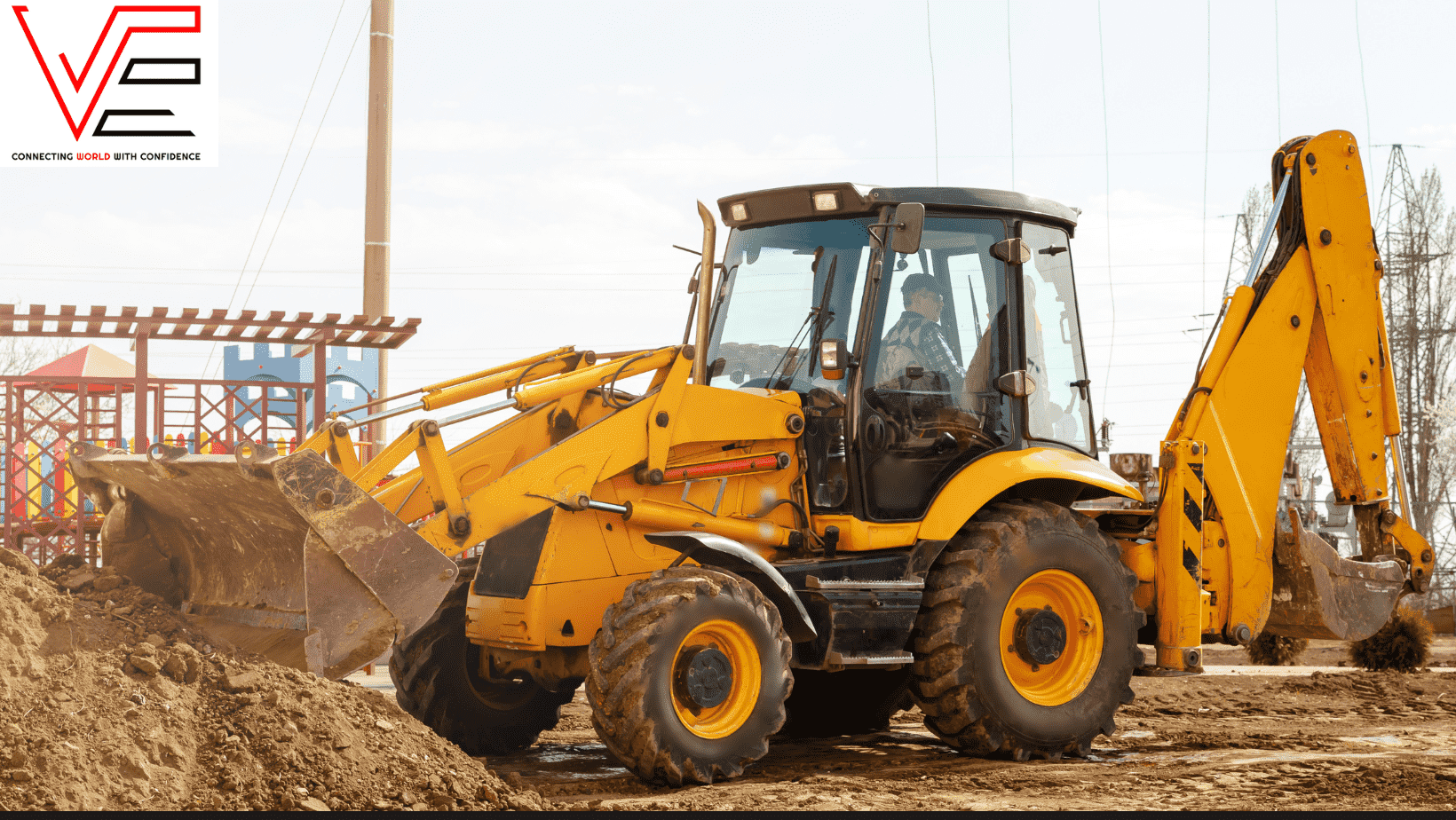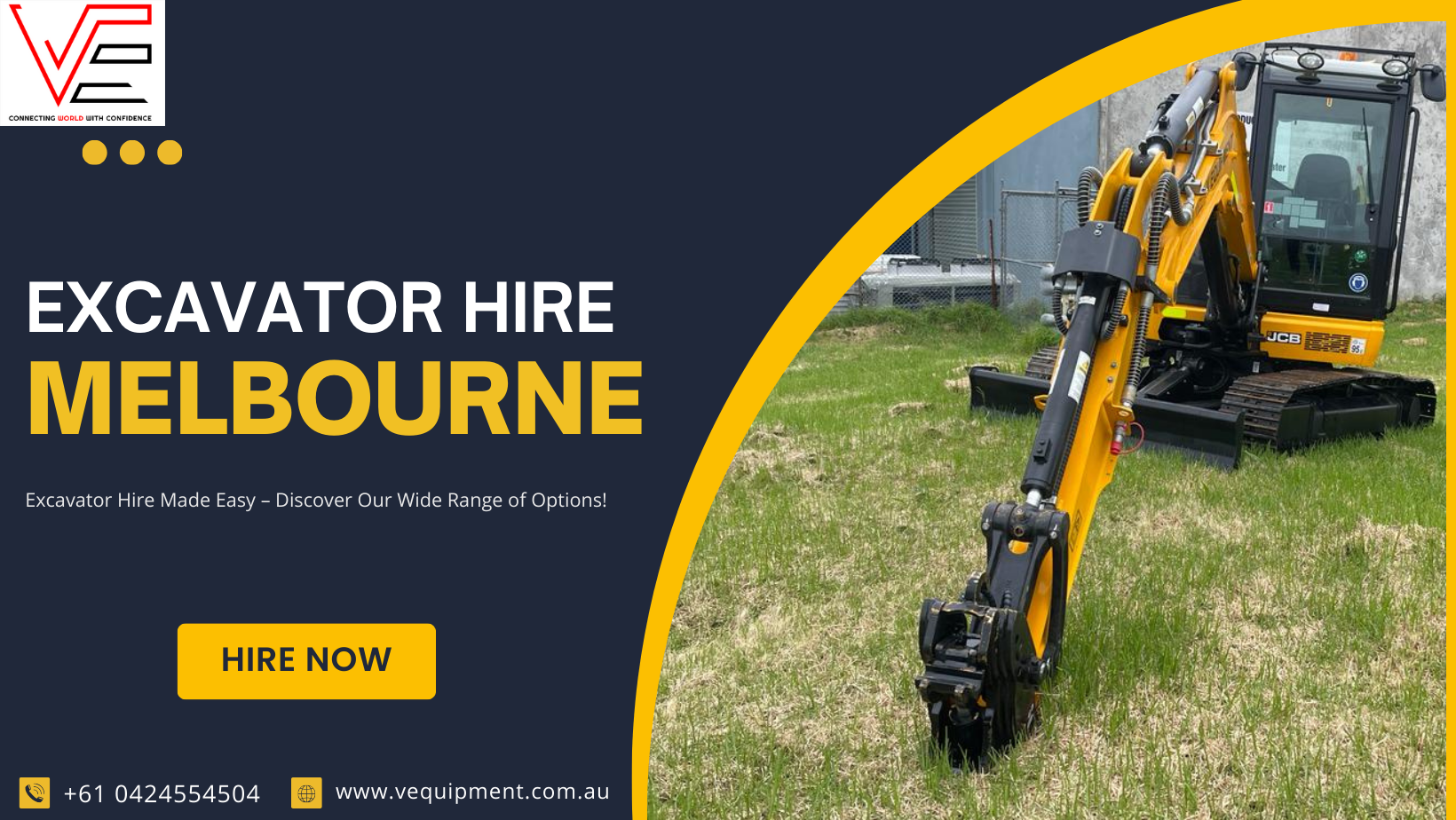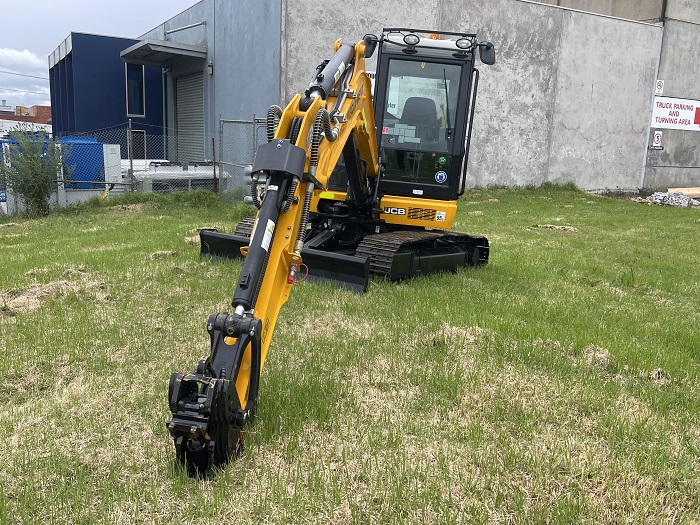Everything You Need to Know About Hiring an Excavator for Your Next Project
When it comes to construction projects, having the right equipment is crucial to ensuring efficiency, safety, and cost-effectiveness. One of the most essential pieces of machinery for various construction tasks is the excavator. Whether you are working on a residential renovation or a large-scale commercial development, excavator hire Melbourne can be a game-changer. In this blog post, we will explore everything you need to know about hiring an excavator, the benefits of renting versus buying, and the types of projects that are best suited for excavator hire.
Overview of Excavator Hire
Excavators are versatile machines used for digging, demolition, material handling and much more. They come in various sizes and configurations to suit different job requirements. Excavator hire offers a range of options to meet the diverse needs of contractors, builders, and DIY enthusiasts. When you choose to hire an excavator, you gain access to modern, well-maintained equipment without the long-term financial commitment of purchasing.
Benefits of Hiring vs. Buying an Excavator
- Cost-Effectiveness
One of the most significant advantages of excavator hire is cost-effectiveness. Purchasing an excavator involves a substantial initial investment, followed by ongoing costs for maintenance, repairs, and storage. By renting, you can avoid these expenses and allocate your budget more effectively.
- Flexibility
Renting an excavator offers unparalleled flexibility. Depending on the project’s demands, you can select from a range of models and sizes. This adaptability is particularly beneficial for businesses that handle diverse projects requiring different types of equipment.
- Access to the Latest Technology
Excavator rental companies regularly update their fleets to include the latest models equipped with advanced technology and features. By opting for excavator hire, you can ensure that you have access to the most efficient and powerful machinery available, enhancing productivity and safety on the job site.
- Reduced Maintenance and Storage Costs
When you own an excavator, you’re responsible for its maintenance and storage, which can be costly and time-consuming. Hiring an excavator shifts these responsibilities to the rental company, allowing you to focus on your project without worrying about upkeep.
- Trial Before Purchase
If you’re considering purchasing an excavator in the future, renting one first can be an excellent way to test different models and determine which best suits your needs. This trial period can provide valuable insights and help you make a more informed purchasing decision.
Types of Projects Suitable for Excavator Hire
Excavators are indispensable for a wide range of construction projects. Here are some common scenarios where excavator rental can be particularly beneficial:
Residential Projects
- Landscaping: Excavators are perfect for digging ponds, creating terraces, and preparing the ground for new gardens or lawns.
- Home Renovations: Whether you’re building an extension or installing a pool, an excavator can help with excavation and site preparation.
- Drainage and Plumbing: For projects involving sewer lines or drainage systems, an excavator provides the power and precision needed for trenching.
Commercial Projects
- Construction Sites: From breaking ground to demolishing old structures, excavators are essential for various tasks on commercial construction sites.
- Road Building: Excavators play a crucial role in road construction, from clearing and grading to digging ditches and laying foundations.
- Utility Installations: When installing utilities such as water, gas, or electrical lines, excavators provide the necessary digging capabilities.
Agricultural Projects
- Land Clearing: Farmers and landowners can use excavators to clear land for planting or development.
- Irrigation Systems: Excavators are ideal for digging irrigation channels and installing water management systems.
- Fence Installation: Setting posts and digging holes for fences is made easier with the use of an excavator.
Choosing the Right Excavator for Your Project
When selecting an excavator for hire, it’s essential to consider the specific requirements of your project. Factors to keep in mind include the size and scope of the task, the type of terrain, and any unique challenges you might face. Consulting with an expert from a reputable excavator hire company can help you make the best choice.
- Mini Excavators
Mini excavators are ideal for smaller projects or areas with limited access. Their compact size allows them to maneuver in tight spaces while still providing the power needed for tasks such as digging and trenching. They are particularly useful for urban construction sites or residential landscaping projects.
- Standard Excavators
Standard excavators are suitable for a wide range of medium to large-scale projects. They offer a good balance between power and maneuverability, making them versatile tools for various construction, demolition, and landscaping tasks.
- Large Excavators
For the most demanding projects, large excavators provide the power and reach needed to handle heavy-duty tasks. These machines are ideal for significant construction or demolition projects where maximum efficiency and strength are required.
Conclusion
Hiring an excavator for your next project offers numerous advantages, from cost savings to operational efficiency. By choosing excavator rental over buying, you gain access to the latest equipment without the burden of maintenance and storage. Whether you are working on a residential, commercial, or agricultural project, excavator hire provides the flexibility and power you need to get the job done right.
Ready to take the next step? Explore our range of excavators available for hire by visiting us. For more tips on making the right equipment rental decision, check out our previous blog.
By leveraging the benefits of excavator hire, you can ensure your project runs smoothly and efficiently, saving you time and money in the process.




